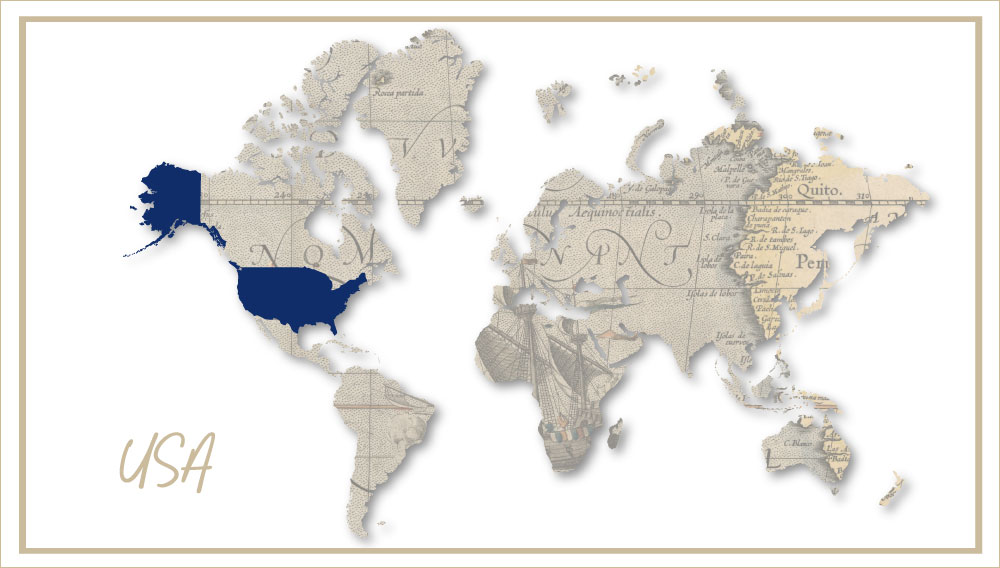San Francisco’s Anchor Brewery votes to unionise
USA | Workers at the Anchor Brewery voted overwhelmingly to unionise on 13 March 2019, with 36 of the 52 eligible employees casting ballots to join the International Longshore & Warehouse Union.
Local media say that the effort to organise started a year ago because many at Anchor were fed up with their pay and benefits. Workers have been up against management, backed by the owner, Japan’s brewer Sapporo, which has been trying to discourage the union vote.
The San Francisco Eater, a news outlet, reported that Anchor workers like Brian Witte, who started on Anchor’s bottling line five-and-a-half years ago, would like to institute changes, such as regular pay rises. Mr Witte’s first job, which was on the lowest tier of production, paid him USD 17.25 an hour, and now, on the highest tier production job, he makes just USD 1.81 more.
The next step is electing a negotiating committee and starting contract talks. After the vote, an Anchor representative issued a statement, saying that “we look forward to discussions with the newly formed union and strengthening our collective future with all of our employees.”
Founded in 1896, Anchor has had several owners and almost closed down in the 1960s. It was bought by Fritz Maytag, heir to a washing machine dynasty, who gave it a new lease on life, before he sold the company decades later to local investment firm Griffin Group in 2010. Sapporo acquired the brewery in 2017 for USD 85 million.
Anchor’s move is historic, because it is one of the first organising efforts at a craft brewery, one that could have broader implications for the industry. A similar unionisation effort at the now-defunct Pyramid Brewery in Berkeley failed in 2013, it was reported.
Although there are more than 7,000 craft breweries, almost none of them have unionised workers. This is partly due to size. Most have small workforces and profits. In contrast, AB-InBev, MillerCoors and other big brewers mostly rely on unionised workforces. Even August Busch III, a former CEO of Anheuser-Busch, was a member of the Teamsters union while he was a brewery apprentice.
However, unions have always struggled in the US, being both unpopular with managements and workers. There seems to be widespread belief that unions stifle economic growth, limit corporate competitiveness, and unfairly pass higher costs on to the consumer or taxpayer. Membership in unions declined again in 2018, from 10.7 percent in 2017 to 10.5 percent of the total workforce, recent reports say. The drop is part of a long-term trend of the slow and steady disintegration of organised labour. In 1983, according to the Bureau of Labour Statistics, 20.1 percent of American workers were union members.
Also in Japan, managements are typically averse to employees being members of unions, although union membership is around 18 percent. The idea of employees forming an alliance to confront management is anathema to Japanese corporate culture, which prefers to avoid conflict.
Authors
Ina Verstl
Source
BRAUWELT International 2019

